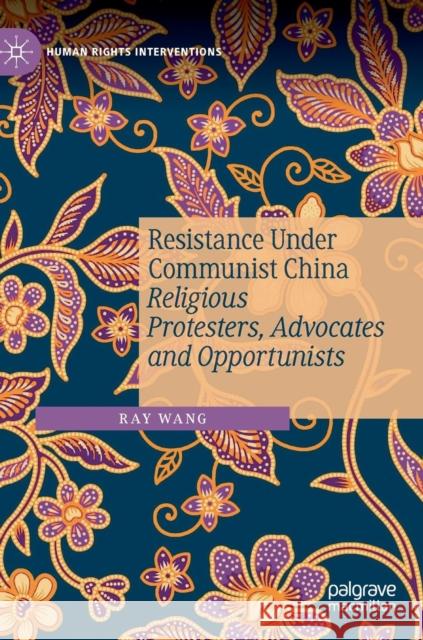Resistance Under Communist China: Religious Protesters, Advocates and Opportunists » książka
topmenu
Resistance Under Communist China: Religious Protesters, Advocates and Opportunists
ISBN-13: 9783030141479 / Angielski / Twarda / 2019 / 235 str.
Kategorie BISAC:
Wydawca:
Palgrave MacMillan
Seria wydawnicza:
Język:
Angielski
ISBN-13:
9783030141479
Rok wydania:
2019
Wydanie:
2019
Ilość stron:
235
Waga:
0.56 kg
Wymiary:
21.01 x 14.81 x 2.06
Oprawa:
Twarda
Wolumenów:
01
Dodatkowe informacje:
Wydanie ilustrowane











